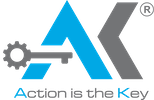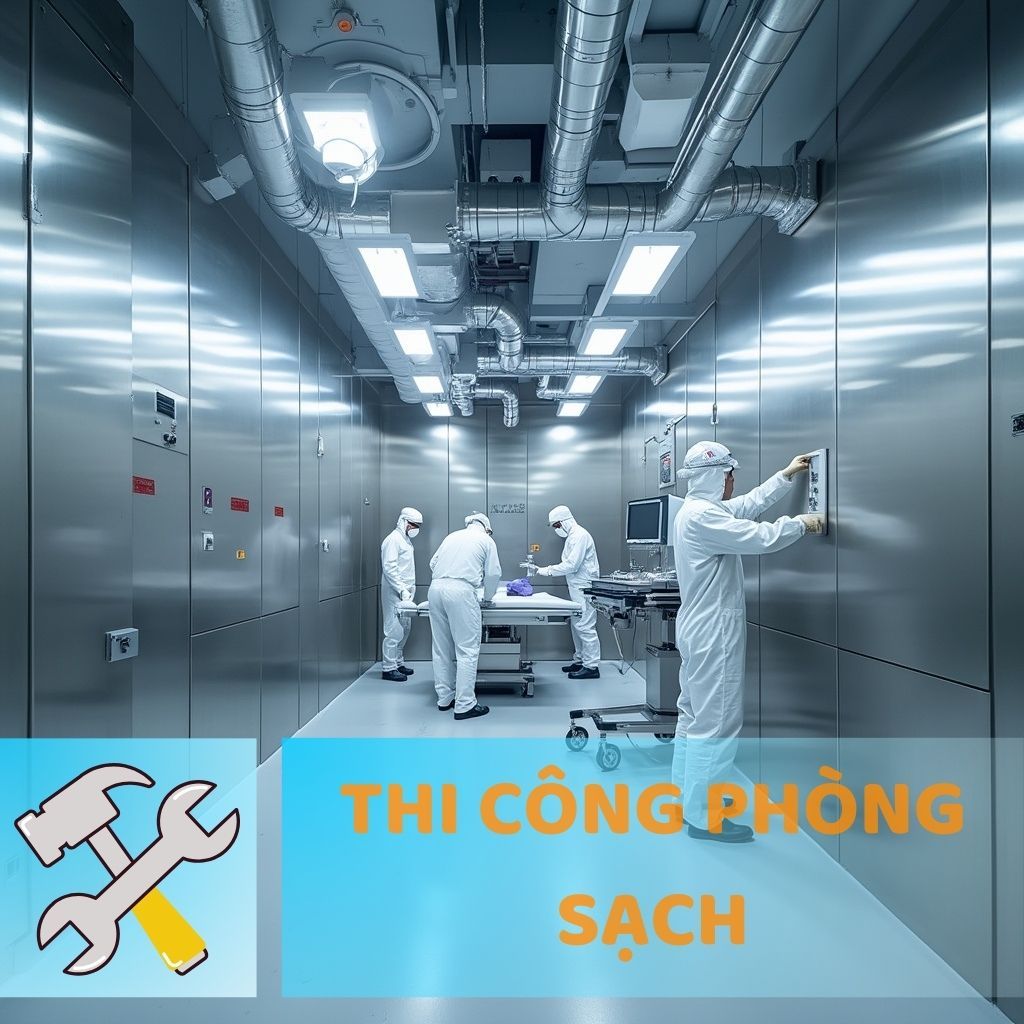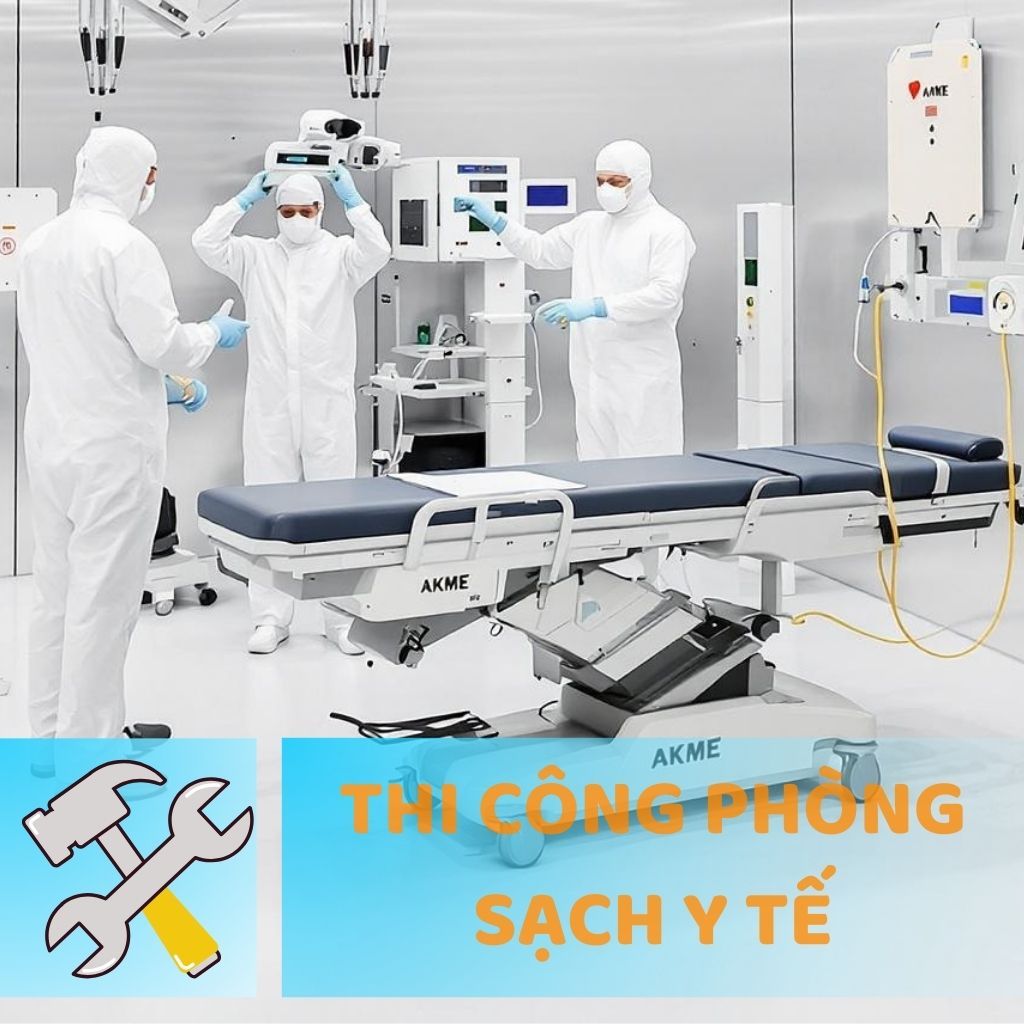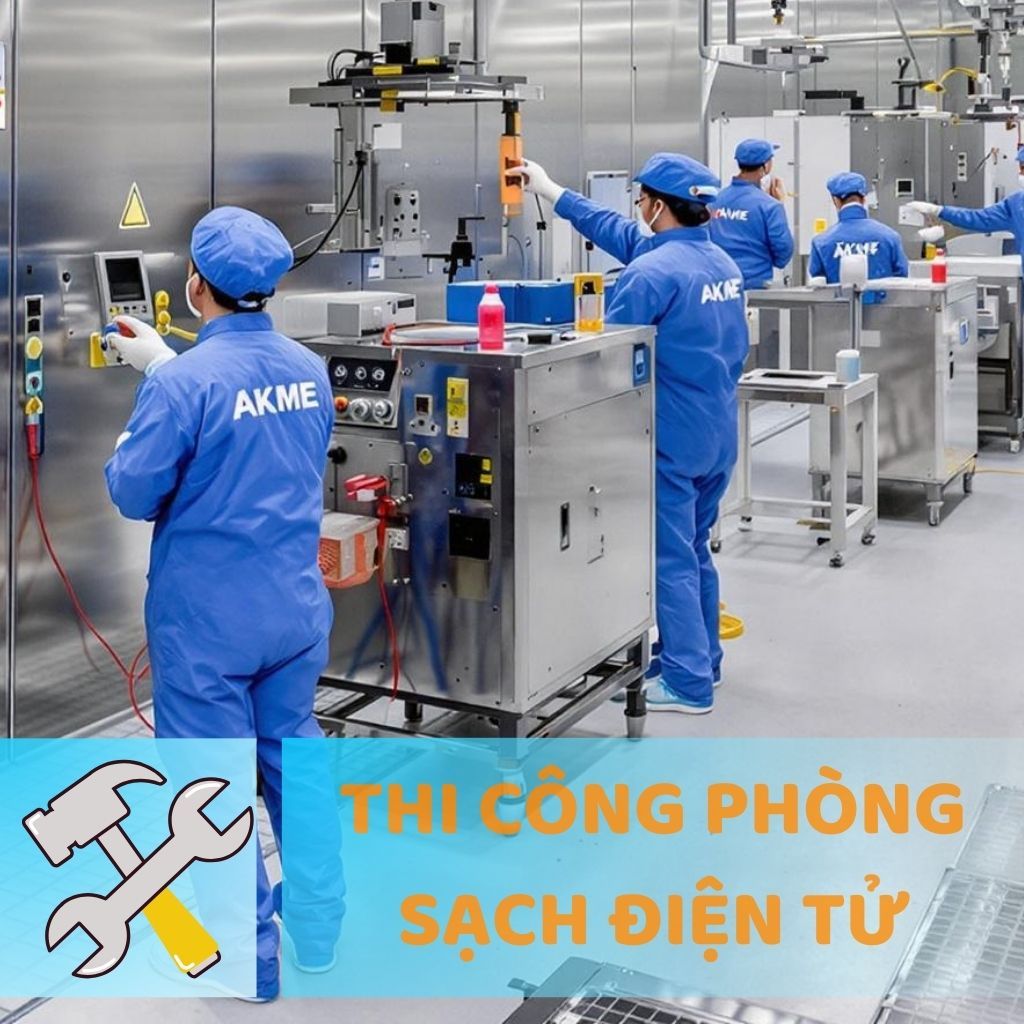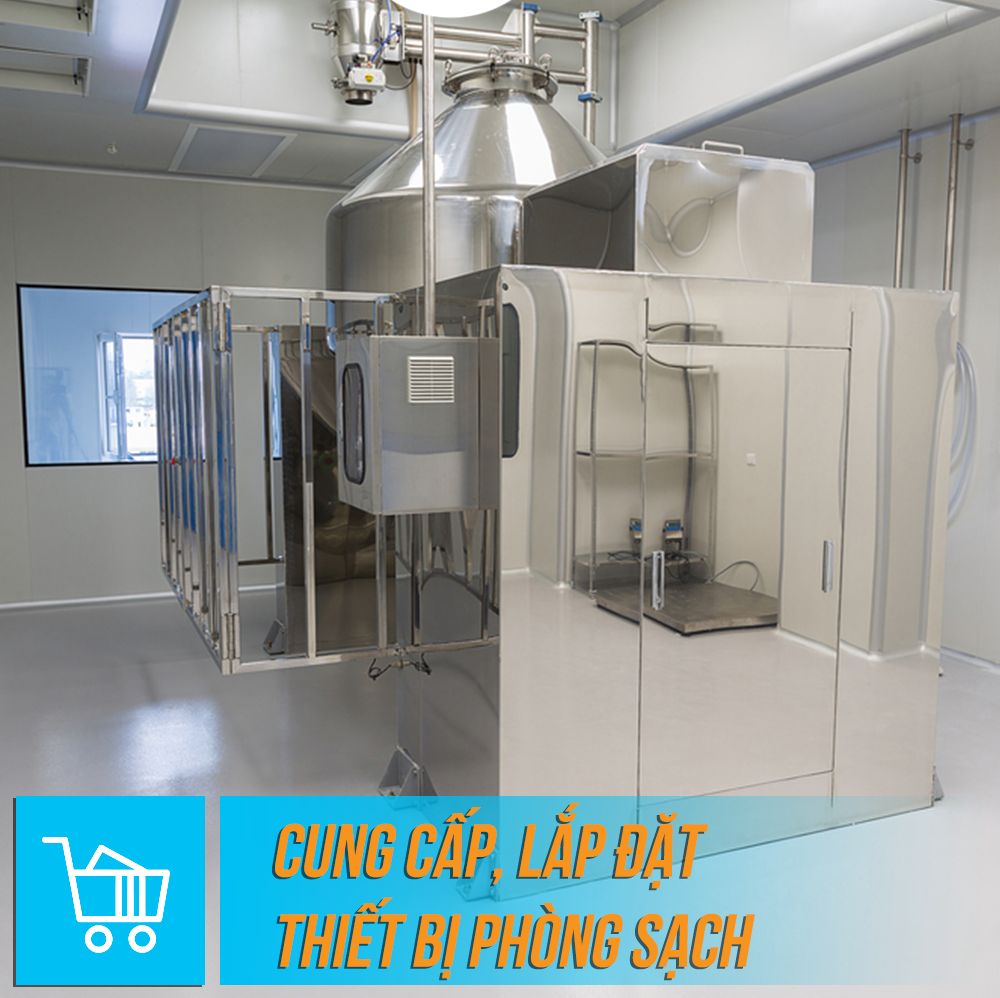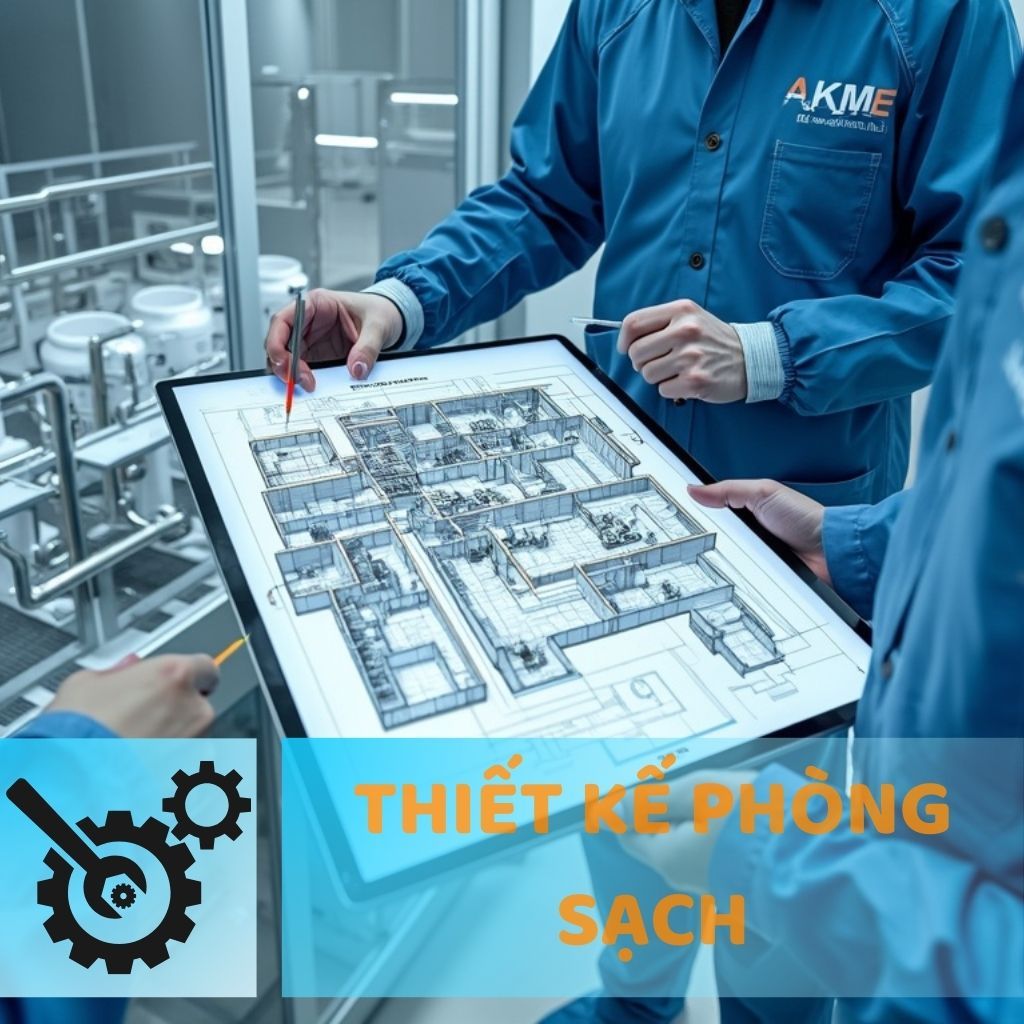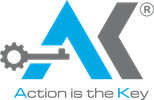Evolving delivery models in cleanroom construction: the rise of design-assist and design-build
16:39 - 27/08/2025 271
Các phương pháp tiếp cận hợp tác nâng cao tốc độ, khả năng tuân thủ và kết quả chế tạo trước trong các môi trường quan trọng
Cleanroom Light Indicators: Improve Safety & Optimize Processes
Tersicoccus phoenicis: Dormant Bacteria Challenges NASA's Sterile Process
Sustainable Packaging for Cleanrooms: Optimization & Innovation
Vietnam's Amended Pharmacy Law: Important amendments & opportunities for businesses
☰ Article Table of Contents
- 1. A Shift in Cleanroom Construction Delivery Models: The Rise of Design-Assist and Design-Build
- 1.1. The Changing Landscape of Cleanroom Construction
- 1.2. New Trends: Design-Assist and Design-Build
- 1.2.1. Design-Assist (DA)
- 1.2.2. Design-Build (DB)
- 1.3. The Positive Impact of DA and DB
- 1.3.1. Accelerating Deployment in Ultra-Strict Environments
- 1.3.2. Increasing Prefabrication Efficiency
- 1.3.3. Digital Technology for Precise Coordination
- 1.3.4. Flexible Contracts for Risk Control
- 1.3.5. Aligning Sustainability Goals with Operational Performance
- 2. Conclusion
- 2.1. Summary of Benefits of Design-Assist & Design-Build in Cleanroom Construction
A Shift in Cleanroom Construction Delivery Models: The Rise of Design-Assist and Design-Build
1. The Changing Landscape of Cleanroom Construction
Cleanroom construction projects increasingly demand high technical standards and tight timelines, exposing the clear limitations of the traditional Design-Bid-Build (DBB) model—where design is completed before bidding and construction. This model is prone to delays and lacks the necessary coordination for special environments where contamination control and time are critically important.
2. New Trends: Design-Assist and Design-Build
Design-Assist (DA)
The DA model integrates specialized contractors, such as those for cleanroom architectural systems, HVAC, control systems, and process equipment suppliers, into the early design phase. While architects and engineers retain primary responsibility for the drawings, the involvement of specialized parties helps optimize constructability, coordinate technical aspects, and resolve challenges related to airflow and contamination control.
Design-Build (DB)
In the DB model, a single entity is responsible for the entire process from design to construction. This approach creates clarity, centralized responsibility, and consistency in technical coordination specific to cleanrooms—which is particularly useful in strictly controlled environments like GMP or ISO Class 5.
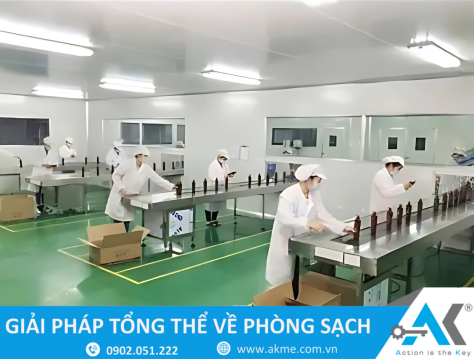
3. The Positive Impact of DA and DB
Accelerating Deployment in Ultra-Strict Environments
In many industries such as pharmaceuticals, semiconductors, and biotechnology, DA and DB models help address design complexities, from HVAC airflow layouts to ISO zoning. This can save up to 40% on RFI requests, reduce change order costs, and shorten schedules by nearly 2 months compared to traditional DBB.
Increasing Prefabrication Efficiency
Early collaboration models allow for the integration of prefabrication, such as modular walls, utility racks, and pre-assembled ceilings. This:
- Improves ISO compliance through factory-controlled manufacturing.
- Reduces on-site dust generation.
- Shortens commissioning and validation time.
- Enhances the quality and stability of cleanroom assemblies.
Digital Technology for Precise Coordination
Tools like BIM and VDC facilitate 3D spatial simulation, clash detection, and schedule and cost simulations. This is particularly useful when working with globally distributed teams.
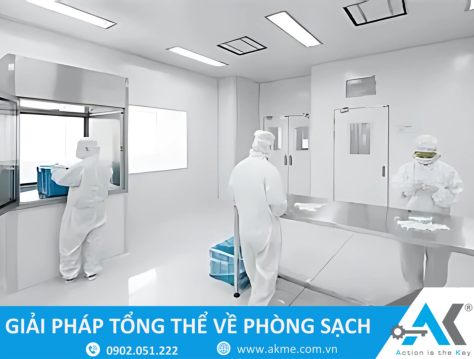
Flexible Contracts for Risk Control
Clients are prioritizing contract models like Progressive Design-Build or Hybrid Design-Assist to:
- Start with a limited design scope, then transition to construction once details are clearer.
- Allocate clear responsibilities, control costs, and enhance quality from the outset.
Aligning Sustainability Goals with Operational Performance
DA and DB teams help integrate energy-saving solutions such as VAV, smart lighting, low-carbon materials, and prefabrication, helping to achieve LEED, WELL, or net-zero certifications without compromising cleanroom performance.
Anh Khang's Perspective
Summary of Benefits of Design-Assist & Design-Build in Cleanroom Construction
| Advantage | Description |
|---|---|
| Deployment Speed | Simultaneous design and construction significantly reduce project duration |
| Prefabrication Efficiency | Components are manufactured under quality control, reducing on-site dust and issues |
| Quality & Control | BIM/VDC enables precise coordination, reducing technical clashes |
| Lower Risk | Flexible contracts ensure clear responsibilities and effective cost control |
| Environmentally Friendly | Sustainable design integrated from the start balances performance and energy savings |
By promoting early collaboration models, Design-Assist and Design-Build not only help minimize management issues but also deliver high-quality, efficiently operated cleanrooms that meet the strictest global standards.
 | ANH KHANG CLEANROOM MECHANICAL AND ELECTRICAL JOINT STOCK COMPANY Hotline: 1900 636 814 - 0902 051 222 Email: info@akme.com.vn Website: akme.com.vn Add: Lot B7 - Xuan Phuong Garden - Phuong Canh - Nam Tu Liem - Hanoi. |
12:05 - 28/11/2019 47638
Cleanroom Design and Construction
14:05 - 11/03/2025 20991
GMP and ISO Standard Cleanroom Construction
14:18 - 11/03/2025 12147
ISO Standard Medical Cleanroom Construction
14:13 - 28/02/2025 23192
Electronics Cleanroom Construction
16:15 - 18/03/2021 5206
Warranty Service
16:26 - 28/11/2019 18084
Supply and installation of cleanroom equipment
14:50 - 26/11/2019 6045
Technology Production Line Consulting
16:35 - 19/03/2025 18792
